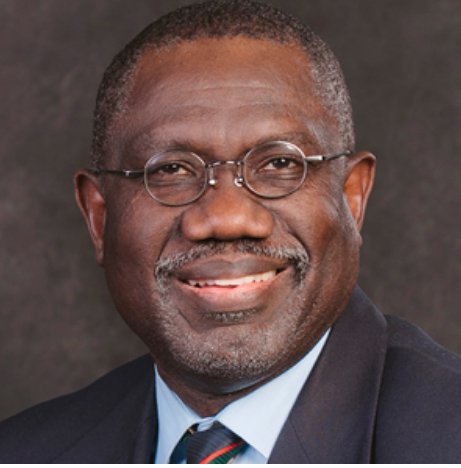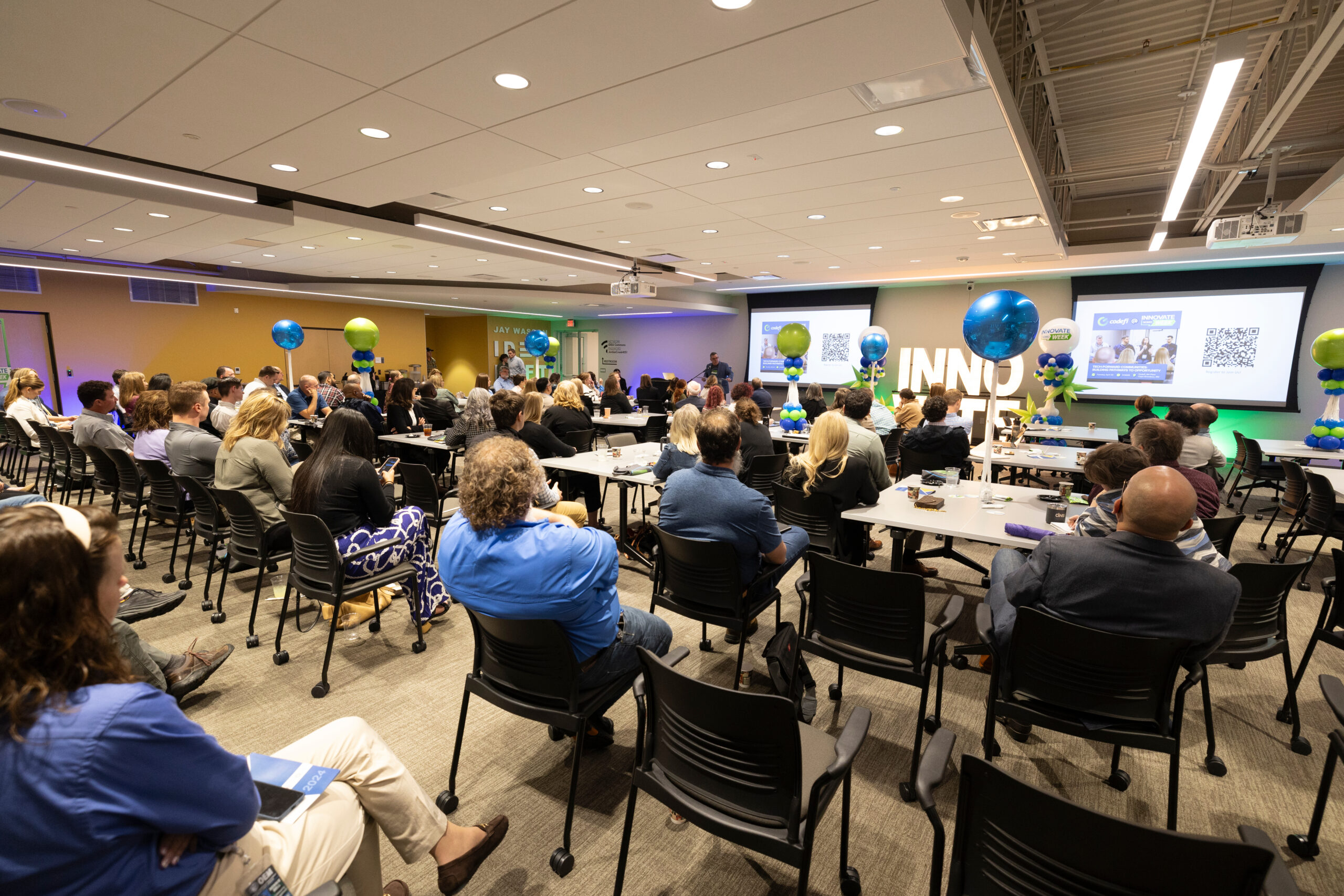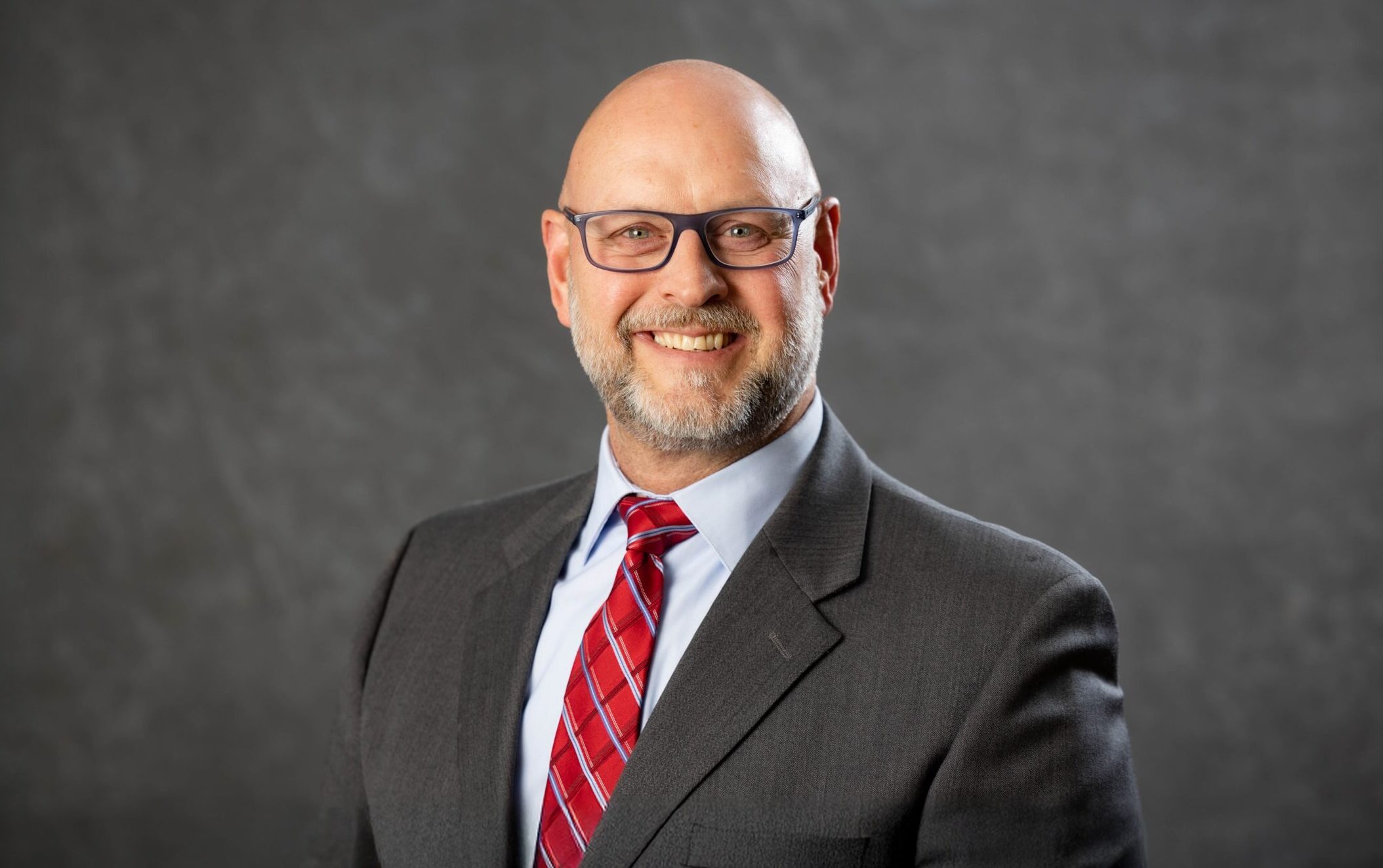by Logan Aguirre
Reprinted with permission from
Biz 417 Magazine Jan 2022
Logan Aguirre: We’ve had a few “firsts” in the last couple of years for Chamber Chairmen. Robin Robeson and I were the first back-to-back female Chairmen, and you will be our first African American Chairman. Tell me about the significance of that to you.
John Oke-Thomas: I think it is recognition that Springfield is taking seriously the diversity and inclusion that we’ve been talking about for a while now. And part of that is to ensure that all of the voices are participating in the process.
L.A.: You are a business owner, were a founding member of the Multicultural Business Association and have served on the Chamber board twice before. When you get phone calls asking you to step into these roles, what makes you continue to say yes?
J.O.: Well I’ve believed strongly that you have to make an impact in whatever community you’re in. And making an impact requires you to make the sacrifice that is necessary in order for you to articulate what your position is and also help continue to build the community.
L.A.: That’s kind of how I feel too. If you really are invested in a place, then you put in the time, and you put in the energy. It’s easy to sit around and say, “Why isn’t it like this?” or “Why can’t we do this?”
J.O.: That’s exactly it, you know. We have a lot of what I’ll call armchair referees, but at some point you have to step in there and roll up your sleeves and make it work instead of complaining about it.
L.A.: I’m curious if you have any goals for your chairman year that you’ve thought of that you’d want to share.
J.O.: My goal at this point is to continue to move forward with the programs and the opportunities that the chamber has to offer and also ensure that we continue on the diversity and inclusion initiatives that we started. It is not enough to be diverse. It is also necessary and required that we be inclusive as well…. And continuing to emphasize the so-called non-college individuals—recognizing that not everyone wants to go to college and not everyone is interested in going to college. So how do we make sure that those who are not college-bound have the opportunities and the know-how to allow them to move into the type of trades that do not require a college education? Because at the end of the day, the more people we can move into the middle class, the better the society is going to be… We have to make the necessary investment to make sure that those in that circumstance are not a lost generation. Because eventually society will pay the price. How do we make sure that we stop the cycle and move to a better place?
L.A.: Your story is really incredible about growing up in Lagos, Nigeria, then moving to Italy, France and then England. And then you went to University of Kansas?
J.O.: I got admitted to University of Kansas, but I did not actually go there because when I got to Lawrence, Kansas, there were just too many students. I was looking for a college or university that was as small as the one I went to in London. One of my friends said, “There’s a college in this small town of Springfield, Missouri, that you might want to take a look at. So I drove down to Springfield, met with the administration office over at Drury which was called Drury College at that time. They told me they had just started the architectural program there, and it had the student to professor ratio that I was looking for. So I sent in all my documents, and I was admitted, and that’s how I got to Springfield.





